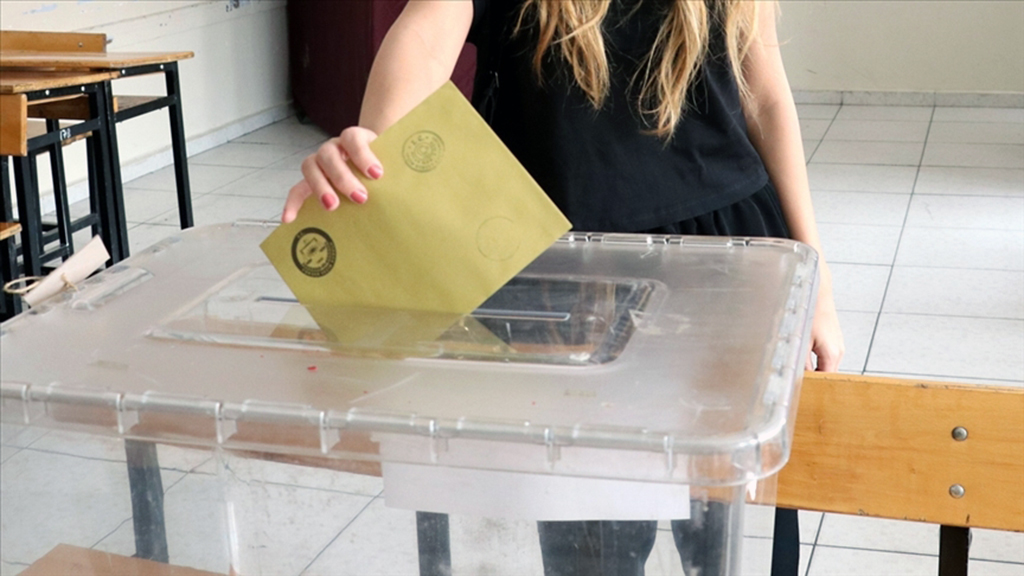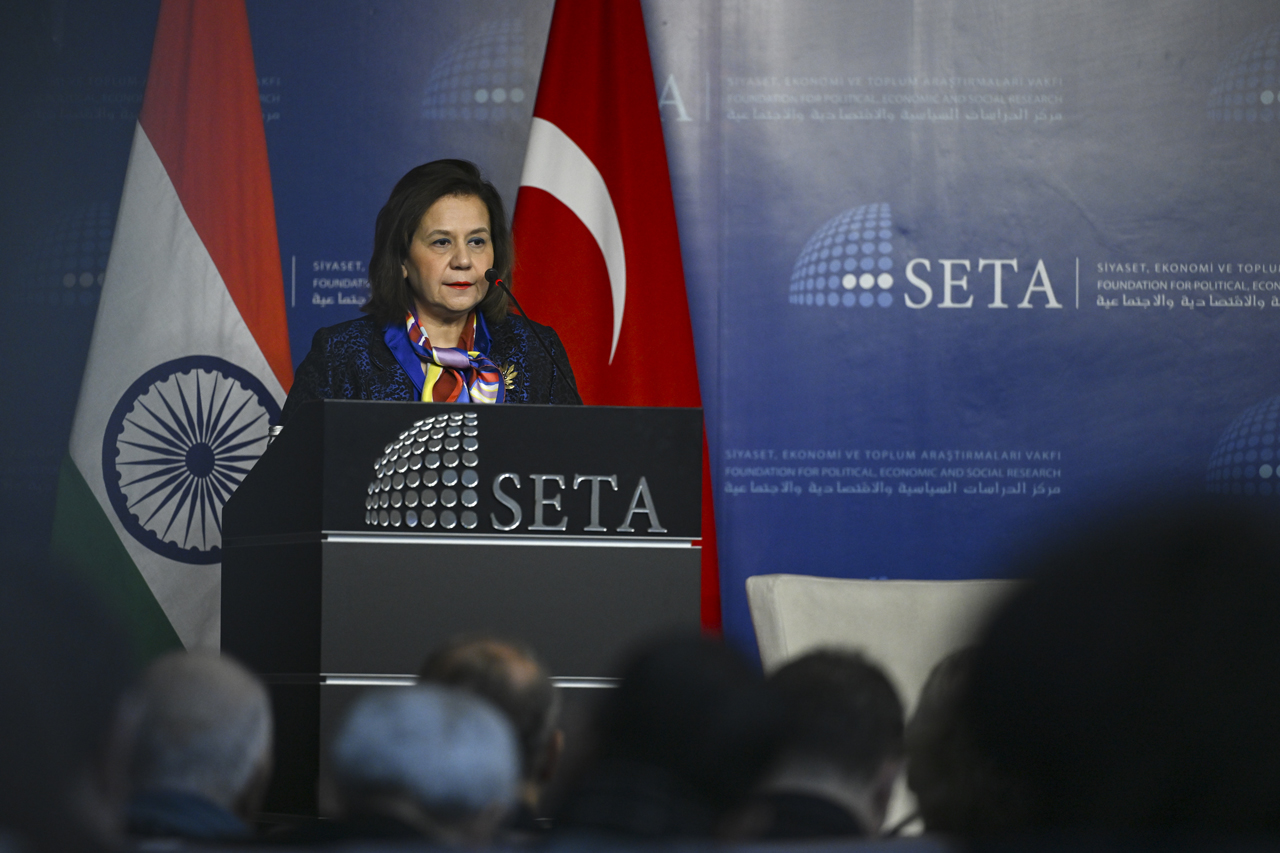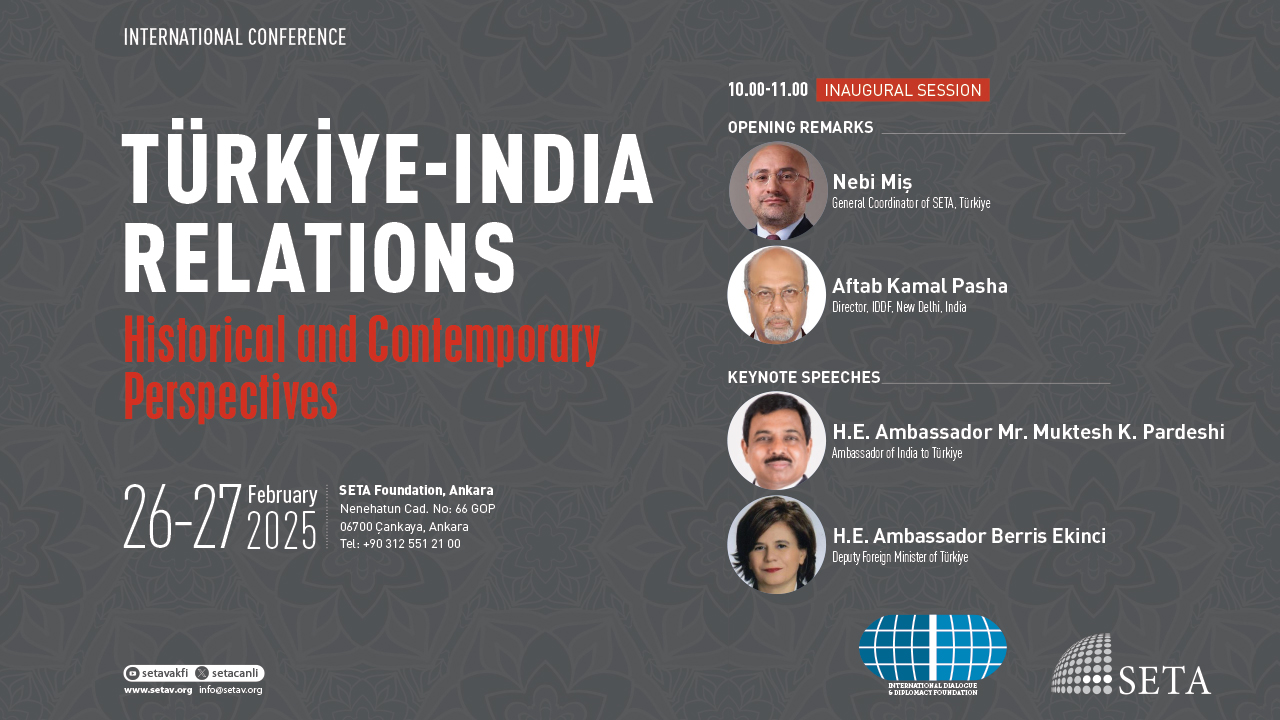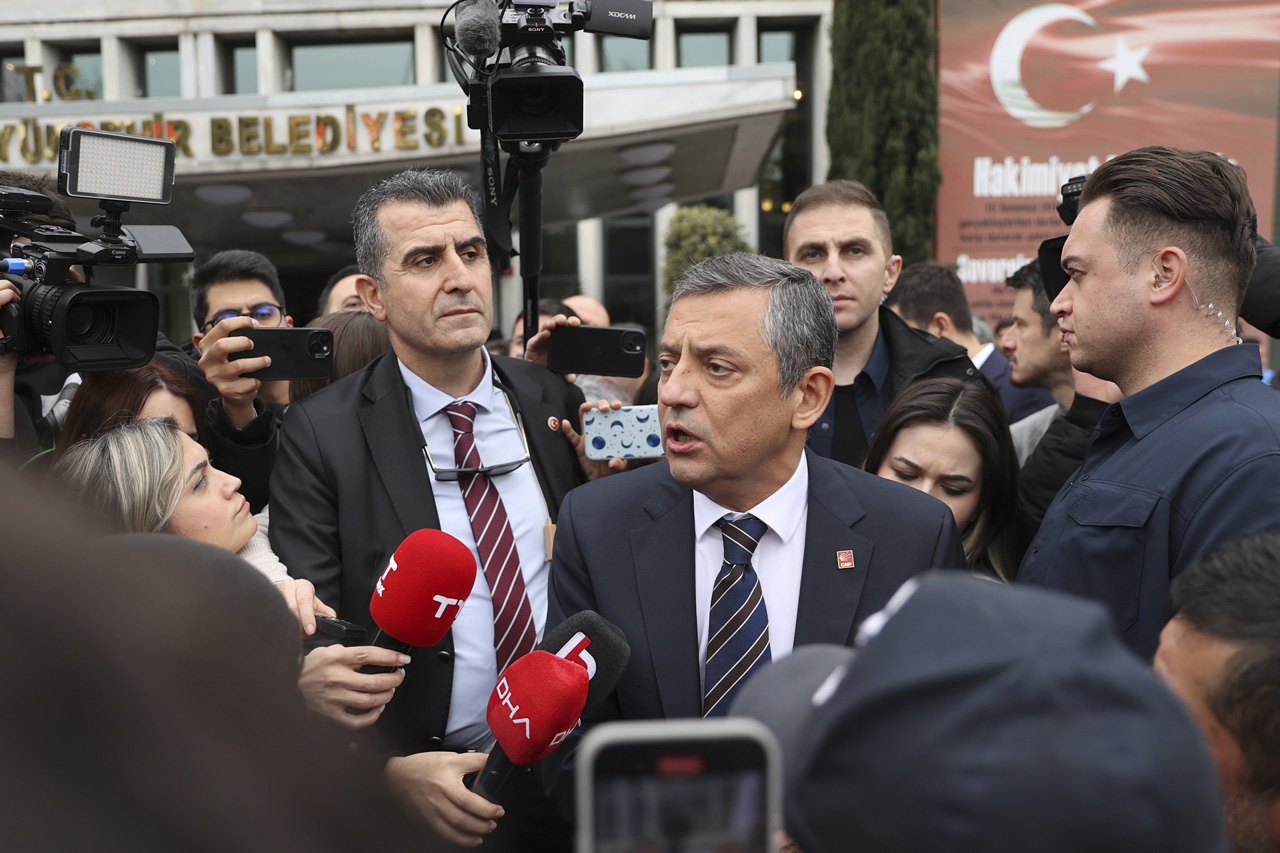What will happen?
There are other questions about the new electoral law that are necessary to comply with the presidential system: Will there be single-member or "narrowed" districts? Will electoral alliances operate the same way? Could Turkey replace the current rules for alliances with a "strategic alliance" approach, whereby each party keeps its own votes? What about the introduction of an intra-alliance threshold? The real public debate will start if the Justice and Development Party (AK Party) and the MHP shake hands on a law that answers those questions. The current rules that govern electoral alliances in Turkey encourage the formation of fringe parties. Politicians who deem themselves capable of receiving 0.5% or 1% of the national vote form their own parties in order to negotiate terms with the major players – because the winner needs more than 50%. That incentive, in turn, causes fragmentation in the party system. Brazil, where 30 political parties entered the Chamber of Deputies in 2018, immediately comes to mind. Moreover, those fringe parties enter into preelection negotiations to join alliances and endorse presidential candidates. As the SETA Foundation’s director of Political Research Nebi Miş posits, that kind of fragmentation leads to “coalitional presidentialism.” Indeed, Brazilian President Jair Bolsonaro’s party controls just 52 out of 513 parliamentary seats.The Erdoğan factor
That process of fragmentation was largely avoided in Turkey due to the "Erdoğan factor.” The People’s Alliance believes that its support for Erdoğan serves as a glue – whereas the Nation Alliance relies on anti-Erdoğanism. It is possible, however, that fragmentation has already become more likely. Whereas eight political parties contested the 2018 elections, there are currently representatives from 13 parties in the Turkish Parliament today. The fact that dozens of parties are represented does not improve the quality of democracy. Quite the contrary, that trend has a corruptive influence as it encourages divisions, causes a focus on individuals and drives hard bargaining for seats. For the sake of the long-term stability of Turkey’s political system, it is useful to engage the question of an intra-alliance threshold. At the same time, members of the Nation Alliance compete over the presidential nomination. IP Chairperson Meral Akşener offered a symbolic endorsement to Istanbul Mayor Ekrem Imamoğlu by likening him to Mehmed the Conqueror.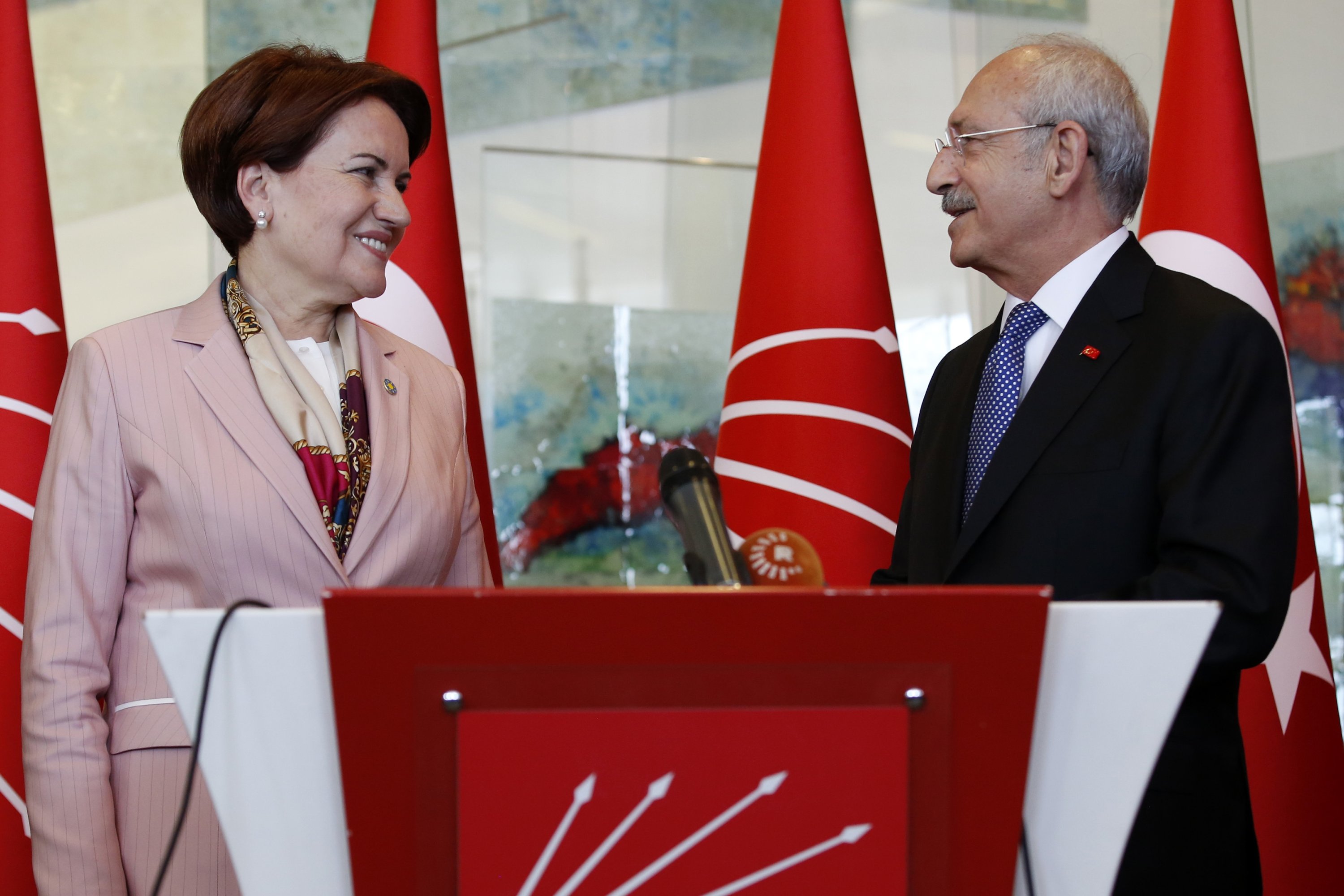
[AA, September 4 2021]

